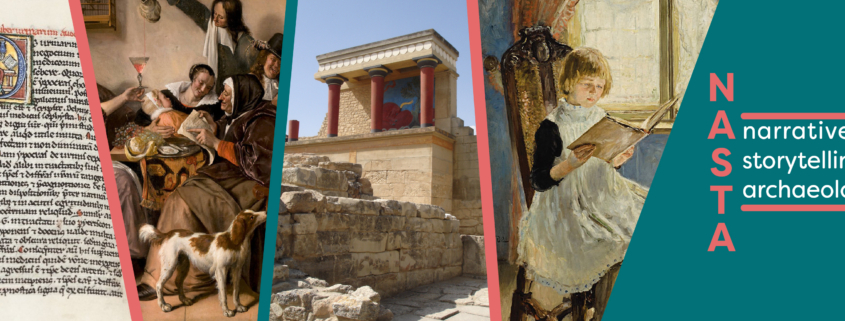NASTA conference – 29 April 2021
NASTA: Narrative and Storytelling in Archaeology
Date: 29 April 2021
Location: Online
Credits: 1 ECT
The first NASTA conference will be hosted by graduate students from ACASA at the University of Amsterdam. The one-day conference will explore the role of narrative and storytelling in archaeology. Storytelling is sometimes seen as being controversial in scientific publishing, but it is also increasingly seen as an important way to present archaeological research and to convey information to non-specialist audiences. In this era of fake news where expert knowledge is often challenged or misappropriated we therefore invite contributors to consider the relationships between narratives, nations, knowledge, and (fake) news. What is the best way to give voice to our discoveries, and how can different forms of narrative shape understandings of the past in the present.
For more information see: https://nastarchaeology.nl
Credits: ARCHON members can receive 1 ECT for attending the conference and handing in a reflection report afterwards. ARCHON members can also receive 1 ECT for presenting at the conference, by handing in their (powerpoint)presentation.
Registration: Please send an email to nastarchaeology@gmail.com and let the organisation know that you are an ARCHON member if you want to obtain credits.


